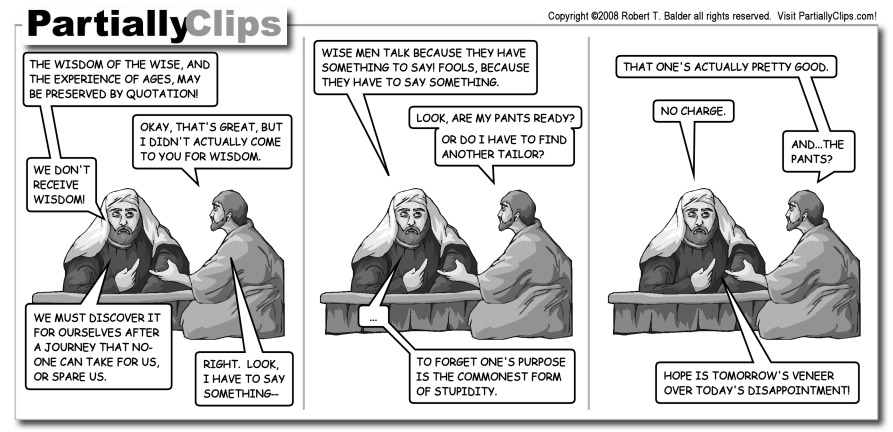Jottings on the "Jamaica" joke
Mark Liberman's post on a recent xkcd strip unleashed a flurry of comments about jokes that follow the template, "X-er? I hardly know 'er!" (The strip used "supercollider" in the template, an apparent homage to "Futurama.") Commenters were also reminded of a somewhat similar bit of musty British humo(u)r:
A: My wife's gone to the West Indies!
B: Jamaica?
A: No, she went of her own accord!
The success of the joke, such as it is, requires being able to interpret [dʒə ˈmeɪkə] as a clipped form of "Did you make her?" As I discuss in the post "Pinker's almer mater," Led Zeppelin alluded to this joke by titling a reggae-influenced song, "D'yer Mak'er" (recorded in 1972, released the following year). This non-rhotic pronunciation spelling is utterly lost on most (rhotic) American fans, who would likely be puzzled by the original joke anyway.
Read the rest of this entry »





